Showing 1-12 of 12 results

The Fundamentals
On today’s The Fundamentals is Dr. Brummett, Professor at the University of Michigan where he serves as the Senior Associate Chair for Research in the Department of Anesthesiology. He has more than 280 publications, including articles in top journals such as JAMA, JAMA Surgery, Anesthesiology, and Annals of Surgery. He is the Co-Director of the Opioid Prescribing Engagement Network or OPEN at the University of Michigan, which aims to apply a preventative approach to the opioid epidemic in the US through appropriate prescribing after surgery, dentistry and emergency medicine. Moreover, he is the Co-Director of the cross-campus Opioid Research Institute, which was launched in the spring of 2023. He leads multiple NIH grants studying these concepts and receives funding from the Michigan Department of Health and Human Services, SAMHSA, CDC, and multiple foundations.
You can learn more about Dr. Brummett here, and you can follow Dr. Brummett @drchadb and the department of anesthesiology @UMichAnesthesia on X.

Health Lab
Elective surgery study shows older adults have concerns about what it will cost them, how much work they’ll miss and whether they’ll catch COVID-19.
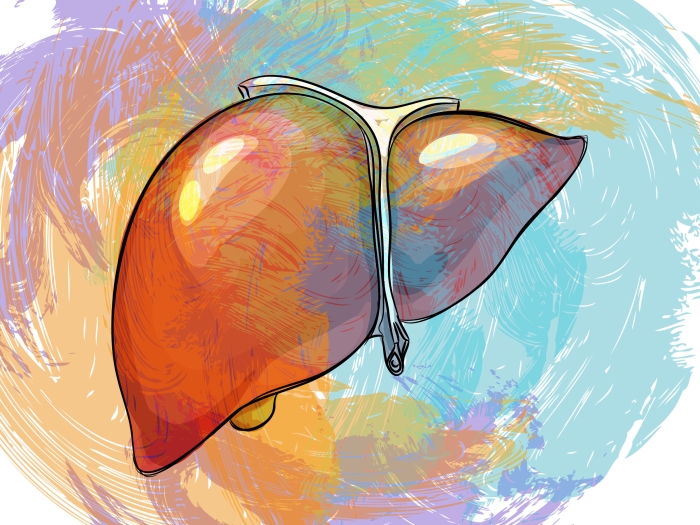
Health Lab
The process, also known as liver perfusion, works differently than traditional ischemic cold storage methods for donor livers by involving technology that recreates the optimal physiological conditions for the organ.
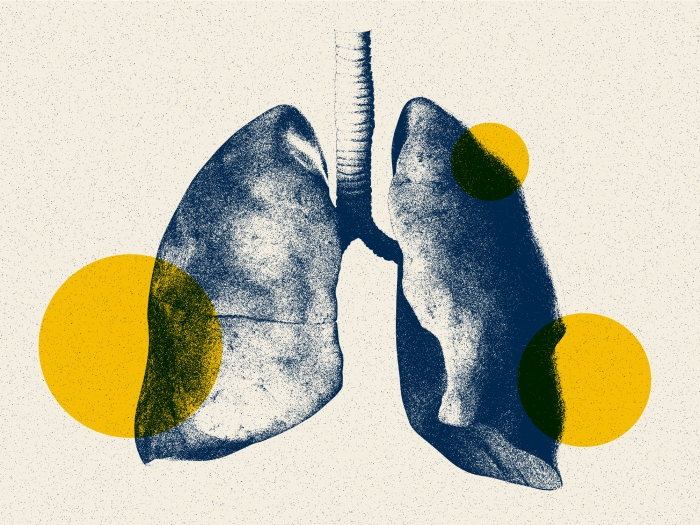
Health Lab
A recent study led by Sidra Bonner, M.D., M.P.H, M.S. a surgery resident at the University of Michigan Health, has now provided new information about the clinical impact of race-correction in pulmonary function tests for African American patients with lung cancer undergoing surgical evaluation.
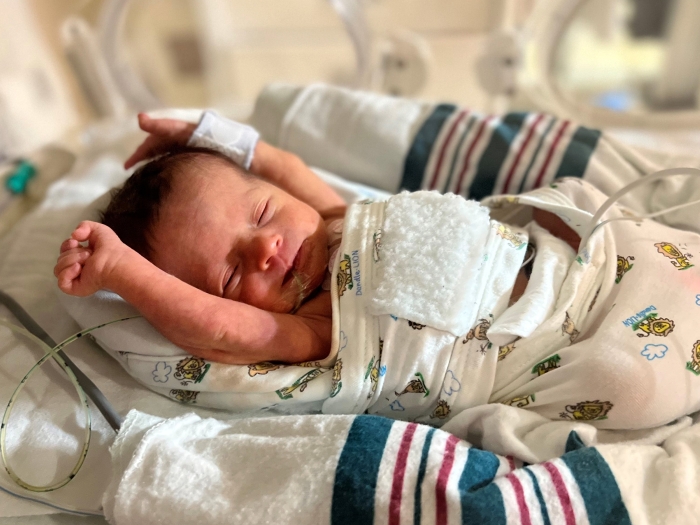
Health Lab
Baby diagnosed with duodenal stenosis is doing great after complex surgery at C.S. Mott Children's Hospital in Ann Arbor

Health Lab
Gender-affirming care for transgender teens is restricted or may be soon in 20 states; this has increased travel time to available clinics
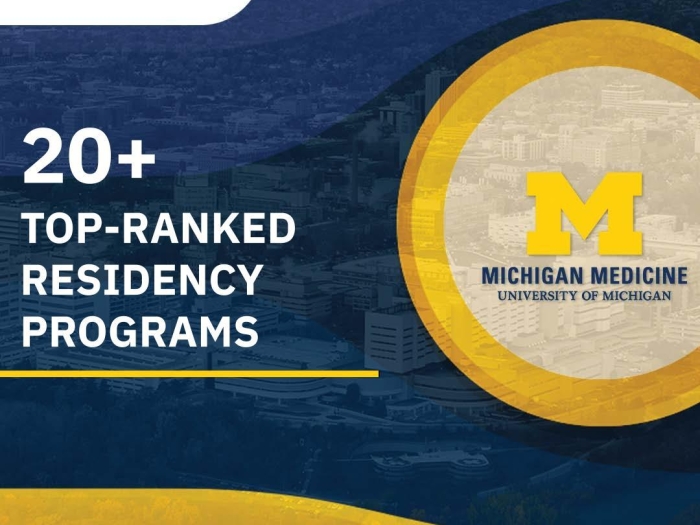
News Release
There are 13 U-M graduate medical education programs ranked in the top 10 by Doximity.

Health Lab
Michigan Medicine researchers spearhead an innovative strategy allowing an artificial circuit to safely support premature sheep without anticoagulation, overcoming a major barrier in artificial placenta research.
News Release
The American Association for the Advancement of Science elected 17 University of Michigan faculty and staff members as 2022 Fellows.
Cancer Aware
Dr. Melissa Pilewskie, U-M Health Rogel Cancer Center surgical oncologist, discusses the two main surgical options for treating breast cancer.

Health Lab
Large doses of opioids are commonly prescribed after total knee and hip arthroplasty to avoid call-ins for refills, but smaller doses can be just as effective.
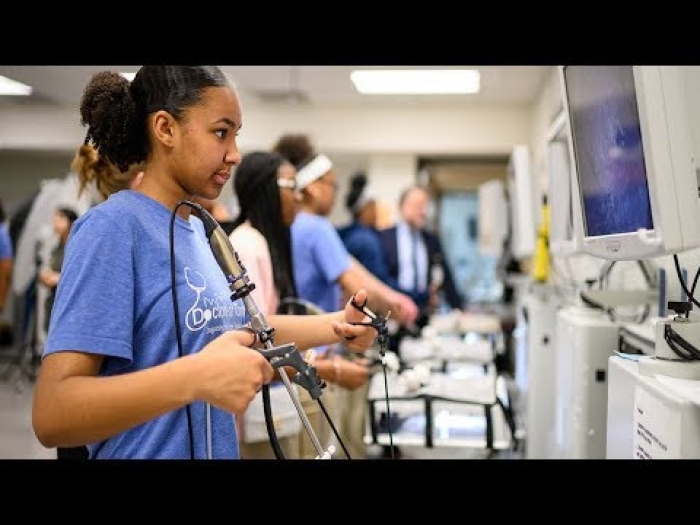
Health Lab
A unique Michigan Medicine program exposes underrepresented minority students to careers in medicine.